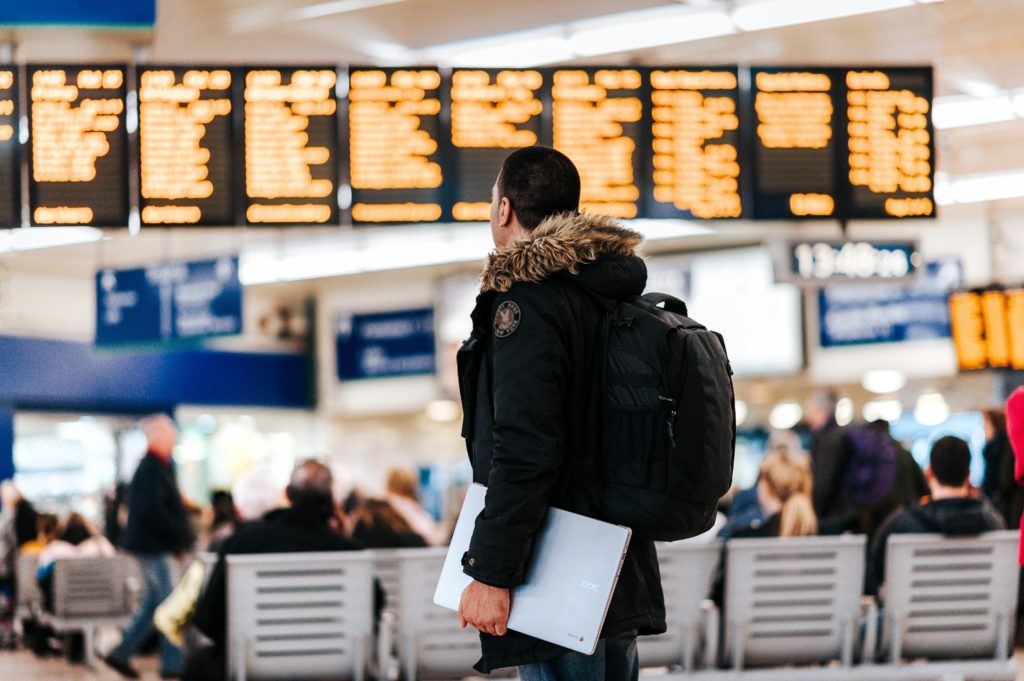 Obtaining Permanent Residence through the self-sufficient route
Obtaining Permanent Residence through the self-sufficient route
As an EEA national and you may wish to obtain permanent residence (PR) through the self-sufficient route in the UK and apply for a permanent residence card. A permanent residence card gives an EEA national the right to stay in the UK without immigration controls and without the obligation to exercise treaty rights. In order for a person to obtain PR, they must have participated in a ‘Qualifying Activity’ for a continuous period of five years.
The term ‘Qualifying Activity’ includes one of or a combination of the following for a period of five years: worker, self-employed person, student, self-sufficient person or job-seeker. This article focuses on the self-sufficient route.
Continuous Residence
In order to be granted permanent residence, applicants must be able to prove that they have resided in the UK for a continuous period of five years. Applicants may prove this in multiple ways, such as by providing their tenancy agreements, utility bills, bank statements, school or nursery letters or immunisation records in support of applicants for children.
Continuity of residency is broken if an applicant has spent time out of the UK more than 6 months in any year of his residency or if he serves a sentence of imprisonment or a deportation or an exclusion regarding him has been made. It will not be broken, however, if the applicant spent 6 months or less in another country in any year, had to complete military service, spent a period of time outside the UK of 12 months or less for an important reason such as pregnancy, childbirth, serious illness, study, vocational training or an overseas posting.
Self-sufficiency
According to the policy guidance, an EEA national is regarded self-sufficient if they are exercising their free movement rights in the UK. Applicants must be able to evince that they have more than the maximum level of finance and resources in order to maintain themselves without having to rely on public funds such as the NHS. Specifically, they must have enough money to cover their own and any family member’s living expenses without becoming a burden on the social assistance system and have had comprehensive sickness insurance (CSI) in place for themselves and any family members during the time they have resided in the UK. If an applicant does not have CSI, their application will automatically be refused. Generally, to demonstrate that the applicant has CSI, they must have a European Health Insurance Card (EHIC) issued by a member state other than the UK or have a private medical insurance policy document.
Other categories of permanent residence through the self-sufficient route
Charity workers can be regarded as self-sufficient if they can evince they have enough funds to support themselves or if the charity pays for their living costs.
Retired people person can qualify as self-sufficient if they can prove they receive a state or private pension or have enough income from other sources to maintain themselves.
What does it mean to have sufficient resources?
As previously mentioned, applicants need to have sufficient resources to maintain themselves not to become a burden on the social assistance stated by the Immigration Regulations 2016. An applicant must exceed the maximum level of resources which a British citizen and their family members can have before they no longer qualify for social assistance under the UK benefit system. The maximum level of resources depends on the circumstances of each case and situation.
Documents demonstrating that applicants can cover their living expenses and cover medical bills must be provided along with the application. Evidence of resources can be proved by providing one of the following: itemised bank statements, building society pass book, evidence of receipt of a pension, evidence of income from rental property, wage slips from lawful employment, parental funding, spouse’s salary, evidence of income from lawful self-employment or any other evidence.
Personal situations will also be considered when the resources of an applicant do not exceed the maximum limit if their resources may still be sufficient. All incomes and expenses of the applicant are assessed and the Home Office will also scrutinise factors such as a possible inheritance, a job offer, retirement and pension payments.
After having held a Permanent Residence Card for a period of 12 months an applicant can apply to naturalise as a British citizen, or earlier if they have married to a British citizen before applying. A Permanent Residence Card is valid for 10 years and can be renewed.
Reliance on income from a non-EEA Spouse
If an applicant is relying on their non-EEA spouse’s income they, on top of everything mentioned above, have to submit their spouse’s biometric residency cards. Applicants are also required to send proof of the relationship with their non-EEA spouse and that they currently sufficiently fund and will continue to sufficiently fund them. They also must state if they have the right and access to the funds, how often they receive the money and how much they receive. It is also important that the non-EEA spouse relied on has a settled status in the UK in order to be able to fund the applicant’s costs of living.
How can we help with a making an application for Permanent Residence through the self-sufficient route?
We are a niche immigration law firm based in West London. Our team of immigration lawyers specialise in UK and EU migration law. We can assist with applications for permanent residence, EEA family permit, retained rights of residence and advise on employing migrants post Brexit. Please get in touch for an initial case assessment.



